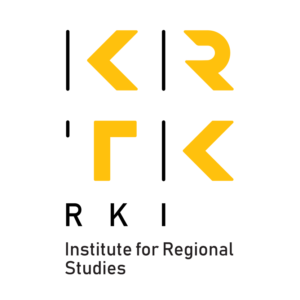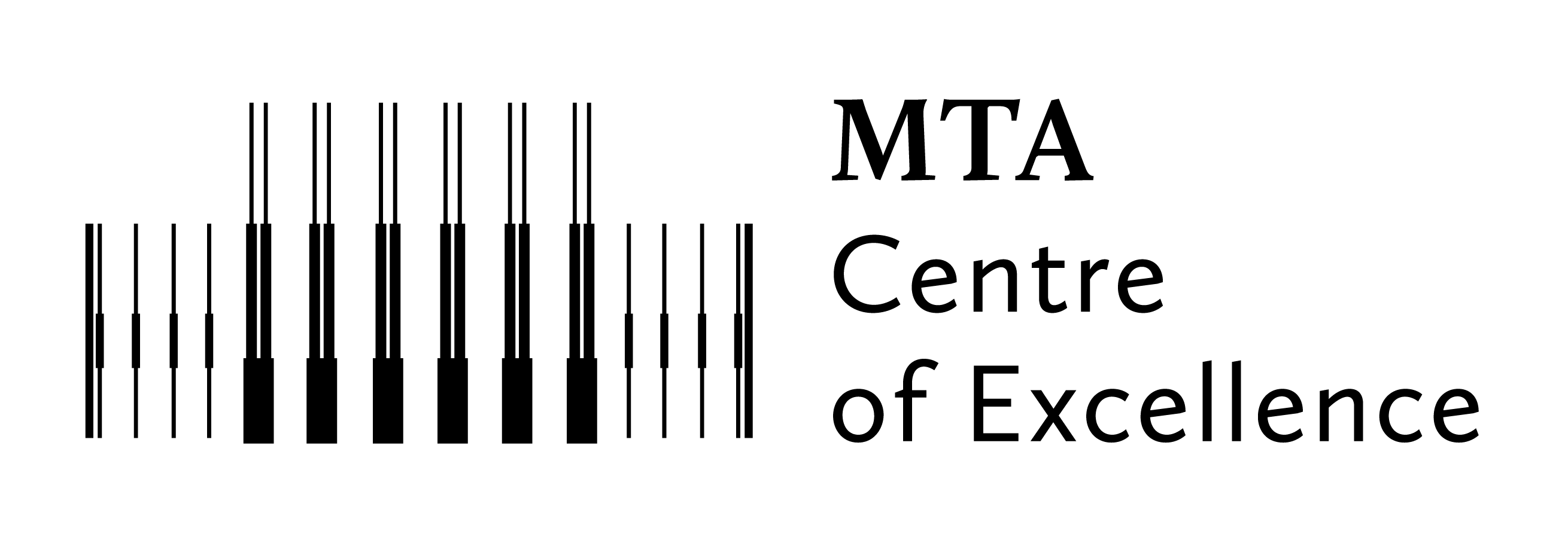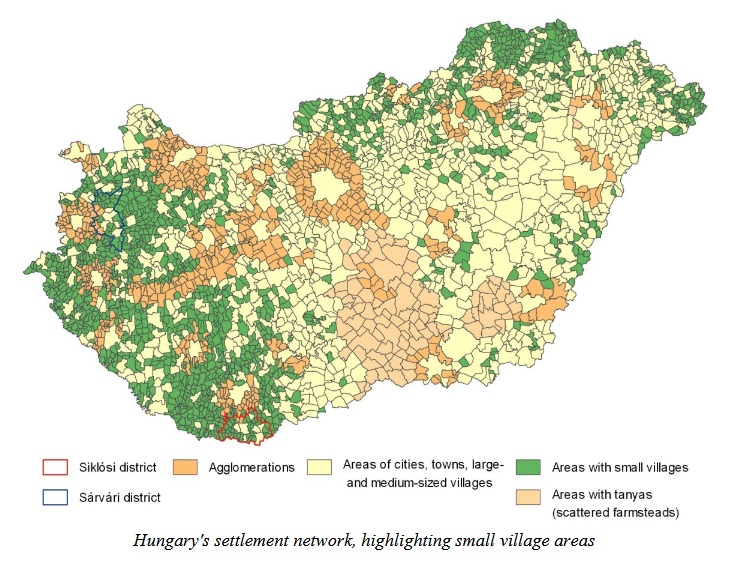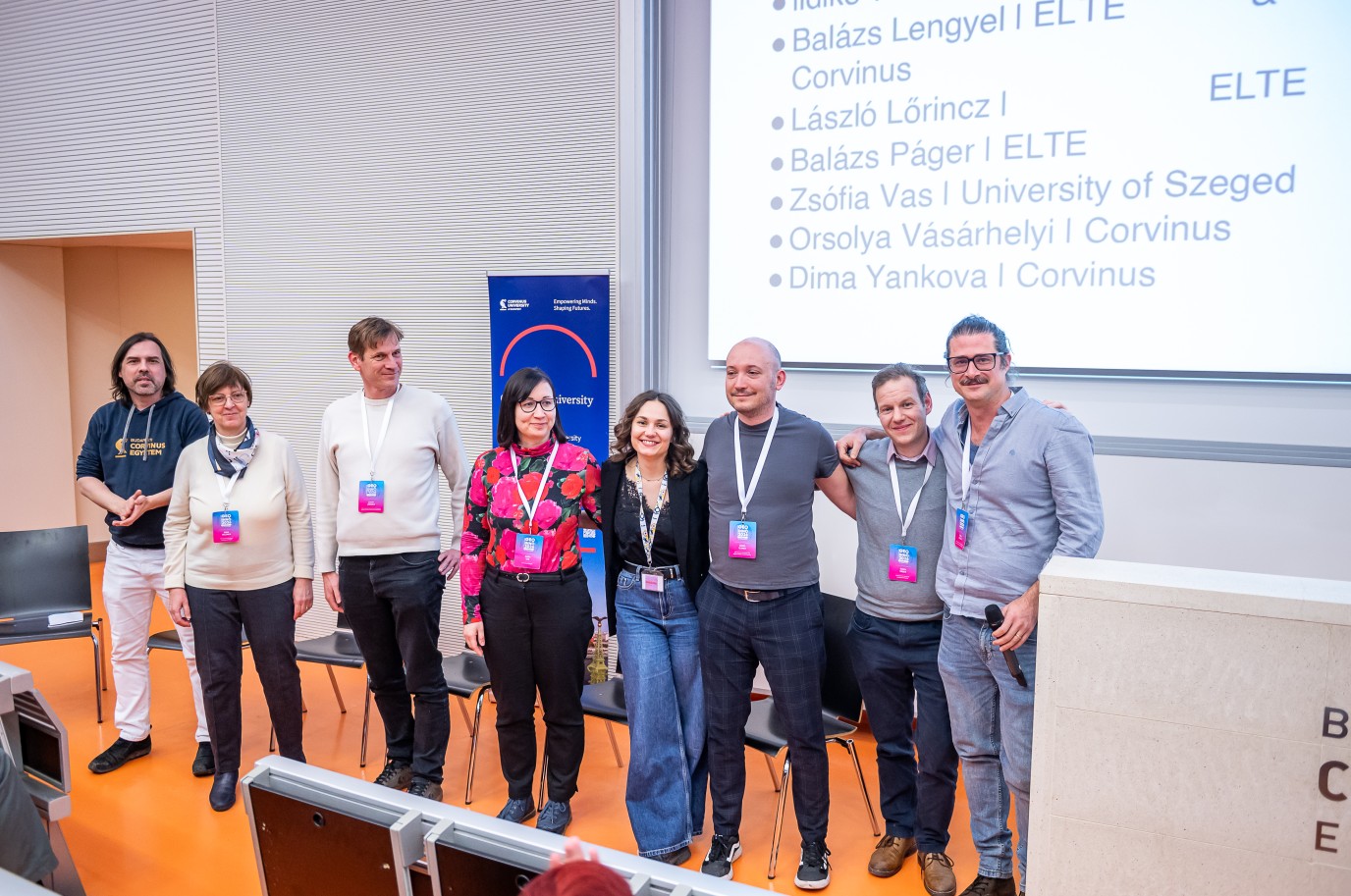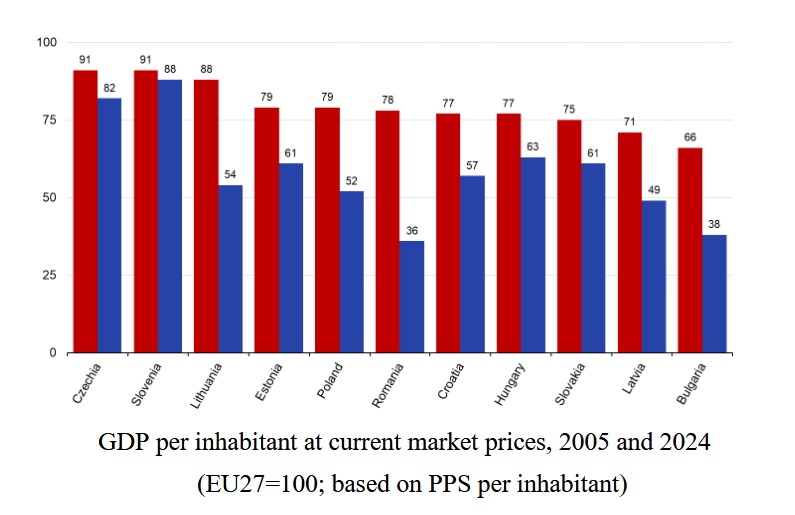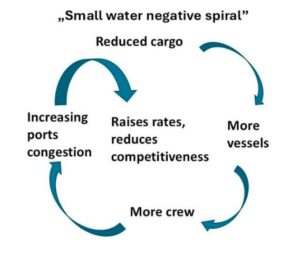Welcome
Welcome to the website of the Institute for Regional Studies of the CERS. The IRS/RKI is a leader among national think tanks in regional science, not only because of its size but also because its four scientific departments are located in different regions of the country, providing valuable local knowledge and embeddedness. The knowledge of the spatial patterns of natural, social, and economic resources and the reduction of spatial disparities, which requires a complex social science approach, is crucial for the country’s competitiveness and balanced development; this can only be provided in Hungary by the CERS Institute for Regional Studies, the base institute of Hungarian regional science, which has the critical mass for interdisciplinary research in cooperation with representatives of economics, geography, sociology, political science, and law.
news
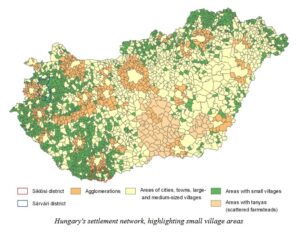
Local Success in Hungary Based on Two Selected Districts - new study ...
2026.02.24. | 10:23
Read more
2026.02.24. | 10:23
Read more
Innovation in space, time and networks – Report on the GeoInno2026 ...
2026.02.16. | 14:45
Read more
2026.02.16. | 14:45
Read more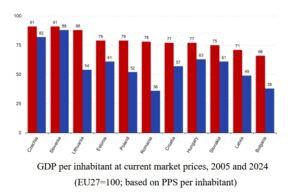
Central and Eastern Europe: 20 Years in the European Union – paper ...
2026.02.13. | 13:34
Read more
2026.02.13. | 13:34
Read more2026.02.13. | 13:00
Read more2026.02.11. | 13:49
Read more2026.02.10. | 11:04
Read more2026
Feb
24
M
T
W
T
F
S
S
26
27
28
29
30
31
1
2
3
4
5
6
7
8
9
10
11
12
13
14
15
16
17
18
19
20
21
22
23
24
25
26
27
28
1
upcoming events of CERS
organizational units
History of the institute
CERS Institute for Regional Studies
The predecessor of the Institute for Regional Studies, the Danubian Scientific Institute (DTI) was founded in Pécs in 1943. The Centre for Regional Studies (RKK) was established in 1984 on the basis of the DTI, which had been an academic research institute since 1955, and acquired its networked organisational structure based on rural units, which it has retained even after its integration into the Centre for Economic and Regional Studies (KRTK/CERS) of the Hungarian Academy of Sciences in 2012. It took a few years to consolidate the research synergies between the three institutes and to achieve a significant improvement in results.
